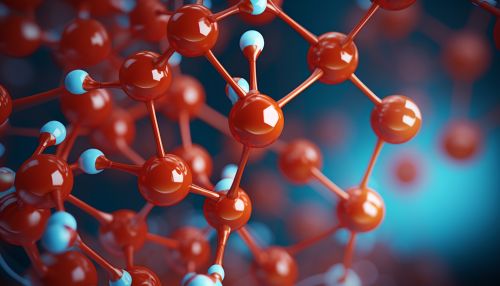Proteomics in Biomarker Discovery
Introduction
Proteomics, the large-scale study of proteins, plays a crucial role in the field of biomarker discovery. Biomarkers are biological molecules found in blood, other body fluids, or tissues that signal normal or abnormal processes, or conditions or diseases. The identification and validation of biomarkers in proteomics is a complex process, involving the comprehensive analysis of proteins and their functions in biological systems.


Proteomics and Biomarkers
Proteomics provides a broad perspective on the functional elements of the cell, allowing for the identification of potential biomarkers. Biomarkers can be used in many different fields, including disease diagnosis, prognosis, therapeutic monitoring, and drug development. The identification of biomarkers through proteomics involves the use of various techniques such as mass spectrometry and protein microarrays.
Techniques in Proteomics for Biomarker Discovery
Mass Spectrometry
Mass spectrometry is a powerful tool for the identification and quantification of proteins. It can accurately measure the mass of peptides and proteins, and can identify the amino acid sequence of peptides. This technique is commonly used in proteomics for the identification of potential biomarkers.
Protein Microarrays
Protein microarrays are another commonly used technique in proteomics for biomarker discovery. These microarrays allow for the simultaneous analysis of thousands of proteins, making them a powerful tool for the identification of potential biomarkers.
Challenges in Proteomics for Biomarker Discovery
Despite the potential of proteomics in biomarker discovery, there are several challenges that need to be addressed. These include the complexity of biological samples, the dynamic range of protein concentrations, the lack of standardized protocols, and the need for validation of potential biomarkers.
Future Directions
The field of proteomics is constantly evolving, with new technologies and methodologies being developed. These advancements will likely lead to the identification of new biomarkers, and improve our understanding of diseases and their treatment.
